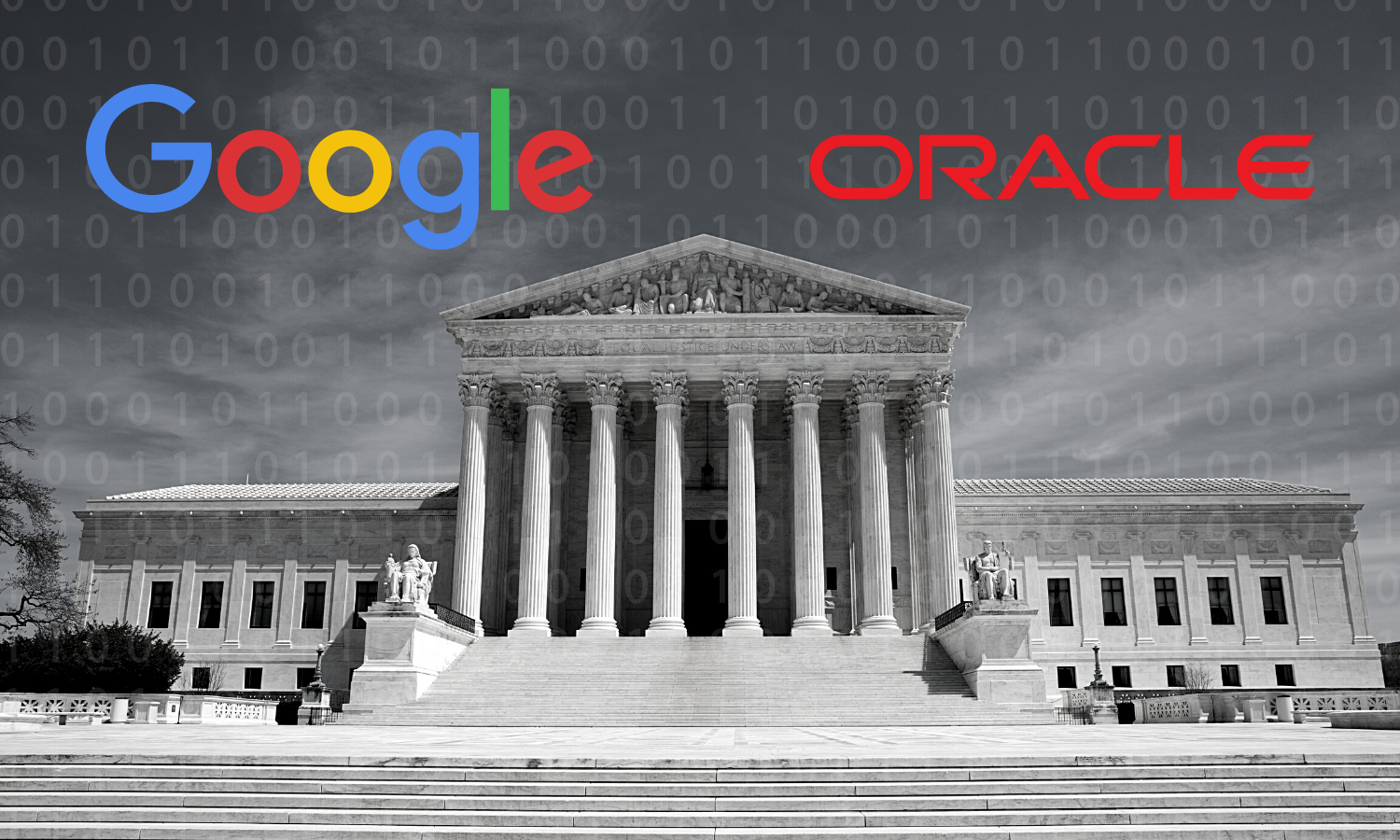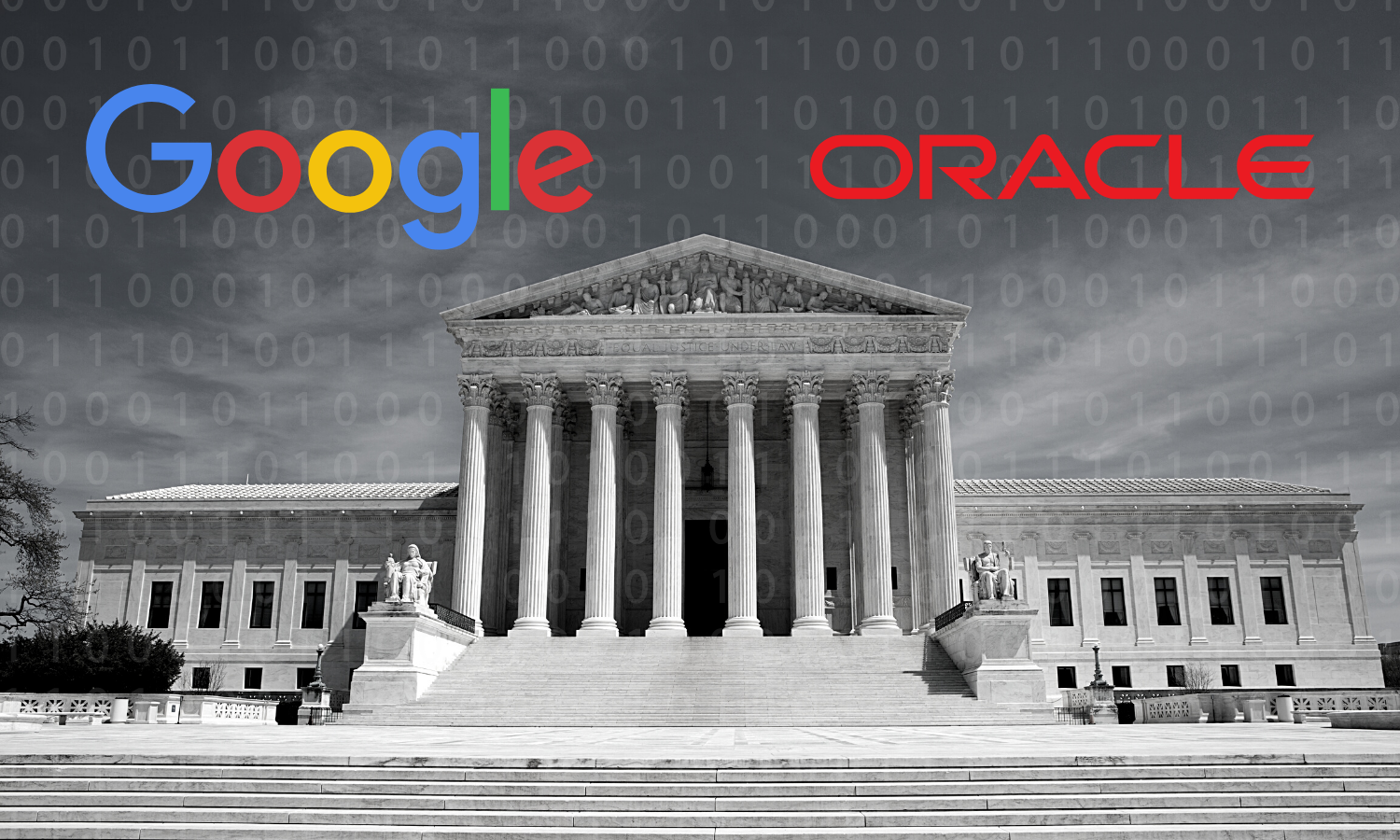Developers seldom join a U.S. Supreme Court case. This one could upend everything you’ve learned about how we write code – and cost you money.
With only eight justices listening, Google and Oracle have each made their final pitch in the years-long battle to determine how copyright law applies to APIs. Google’s position is that you either can’t copyright APIs, or that copying one is “fair use” and thus allowed. Oracle, in turn, feels that APIs are covered by copyright, Google copied them, and so they owe us $9B+. What does this mean for the developer community? Does using an API in your code leave you open for paying licensing fees and royalties down the road?
We’ve written about this many times and filed a number of briefs, most recently before the Supreme Court in this proceeding. That final document was our valiant attempt to explain to a career Justice how software is written, and why we use the conventions we do. Rather than add another analogy to the growing pile, we thought we’d simply talk to the very, VERY smart lawyers inside the court and explain what our world looks like from the inside, and why we use the terms we do.
We might have had some success, for while the analogies still rained down during oral argument, several on the bench thanked amici (“friends of the court,” like us, adding context for the litigation) and specifically referred to the developer community, our norms and what this case means for us. That was a little cool, actually.
So now we wait. Sometime early next year we should hear whether you can copyright an API, although it’s equally likely the Court just sends the case back down to a lower court to deal with (along with some instructions on what to do differently this time around). And for developers, you’ll find out whether you own your code, or Oracle does.
Stay safe out there.
var still_alive = true;
while (still_alive) {
WearMask();
Stay6ftApart();
WashHands();
GetTested();
}
Courtesy sccgov.org




